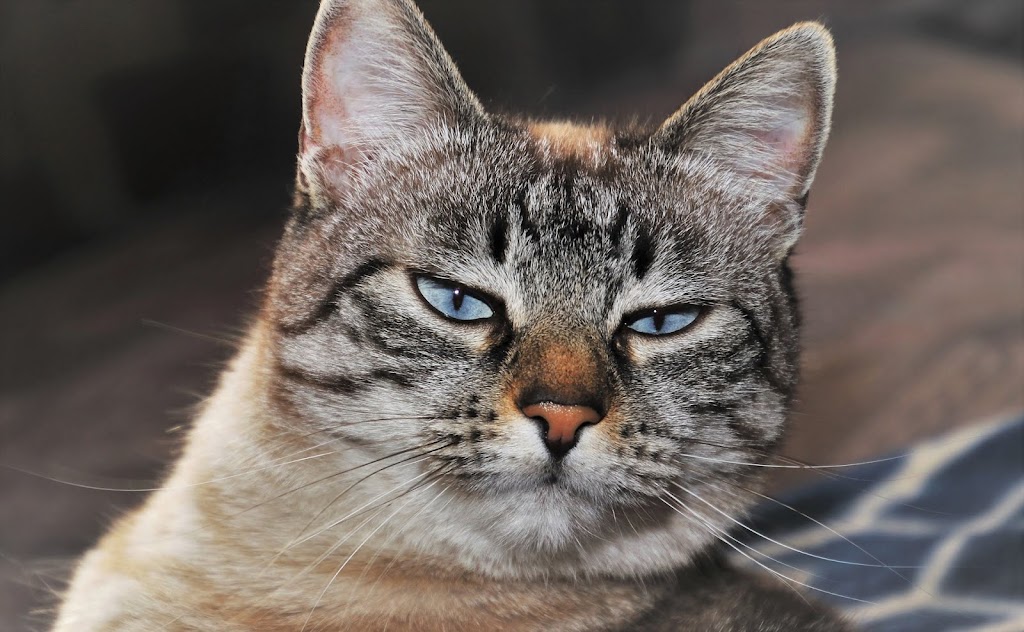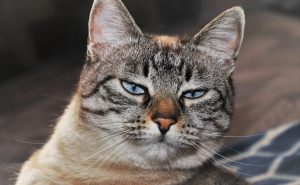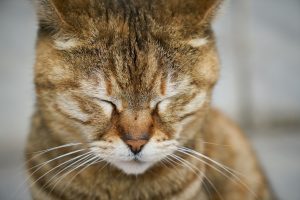Have you ever wondered why your cat is so neurotic, grumpy or cheerful? Well, research has shown that they are just mirroring our personalities. Looks like we only have ourselves to blame for our cat’s misbehaviour. Who knew?
This might come as a surprise for many, especially since cats don’t really have the reputation of being loyal. So, this new bit of information might allow us to understand why we love them so much – they’re just mini versions of us.
The research, published in PLOS ONE, studied personality tests taken from over 3,300 cat owners. The result was evidence which supported the theory of the owner’s personality relating to the cat’s behaviour.
How is this useful? You might be wondering. Well, it could help you to raise your fur babies a little easier. As the study found that lower levels of neuroticism and higher levels of agreeableness, extroversion, conscientiousness and openness would be more beneficial for cats.
For example, if you have a neurotic personality, your cat might become socially anxious, pluck the carpet more, and decide not to leave the house. If you’re constantly grumpy, your cat will begin to be grumpy. Perhaps the best thing we can do for our cats and their well-being is be good role models?
Obviously, it has to be continuous – one bad mood spell from a lack of sleep, or an episode of sadness won’t make your cat grumpy or sad. You don’t need to worry or focus too much attention on it, everybody has different personalities, and parenting techniques.
The research was backed by other cat experts, agreeing that there is a relationship between the cat and the owner. Just in case you needed any more proof. Interestingly, it’s also built on studies which revolve around the idea that bringing up children in certain environments will affect the child’s personality.
Turns out, cats and humans aren’t so different after all.
Dr. Lauren Finka, an animal welfare researcher at the University of Nottingham, told ITV: “Many owners consider their pets as a family member, forming close social bonds with them. It’s, therefore, no wonder our pets could be affected by the way we interact with and manage them, and that both these factors are in turn influenced by our personality differences.”
So, if you’ve ever been wondering if your cat was starting to act like you, you’re not going crazy. They very well could be. It’s all in the science.
One thing to note is; this study, as stated in their conclusion, was based solely on the owner’s own words. Therefore, there could be a tiny bit of bias or inaccuracy. However, because of the extensive collection of candidates, we’d say that there must be some kind of accuracy. That’s just our humble opinions, though.
Overall, this should also be a little nudge in making sure your attitude is 100% so that you don’t negatively affect your fur baby. Do it for yourself, and your cats.
Have you noticed similarities between you and your cats? We’d love to know all about them.



